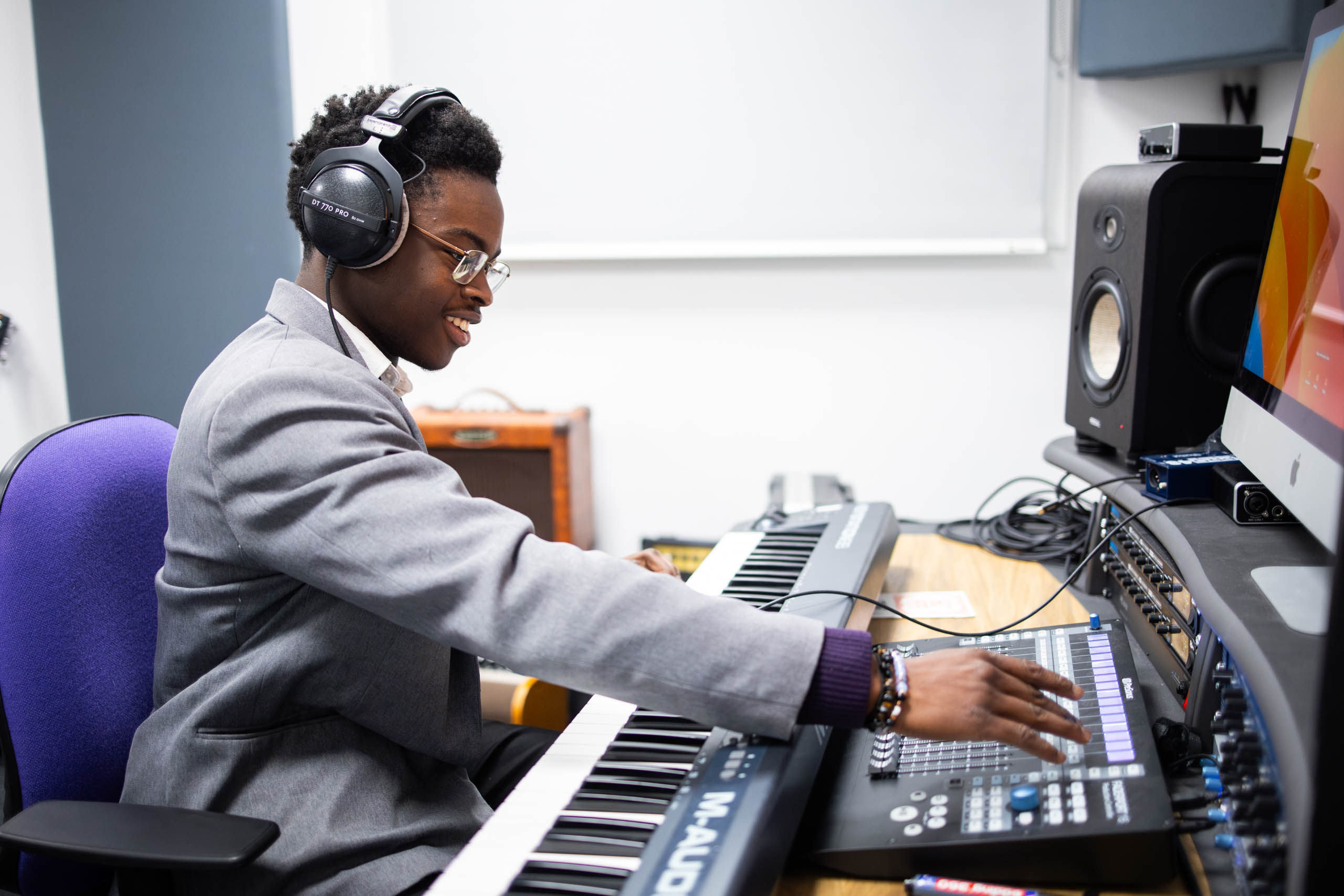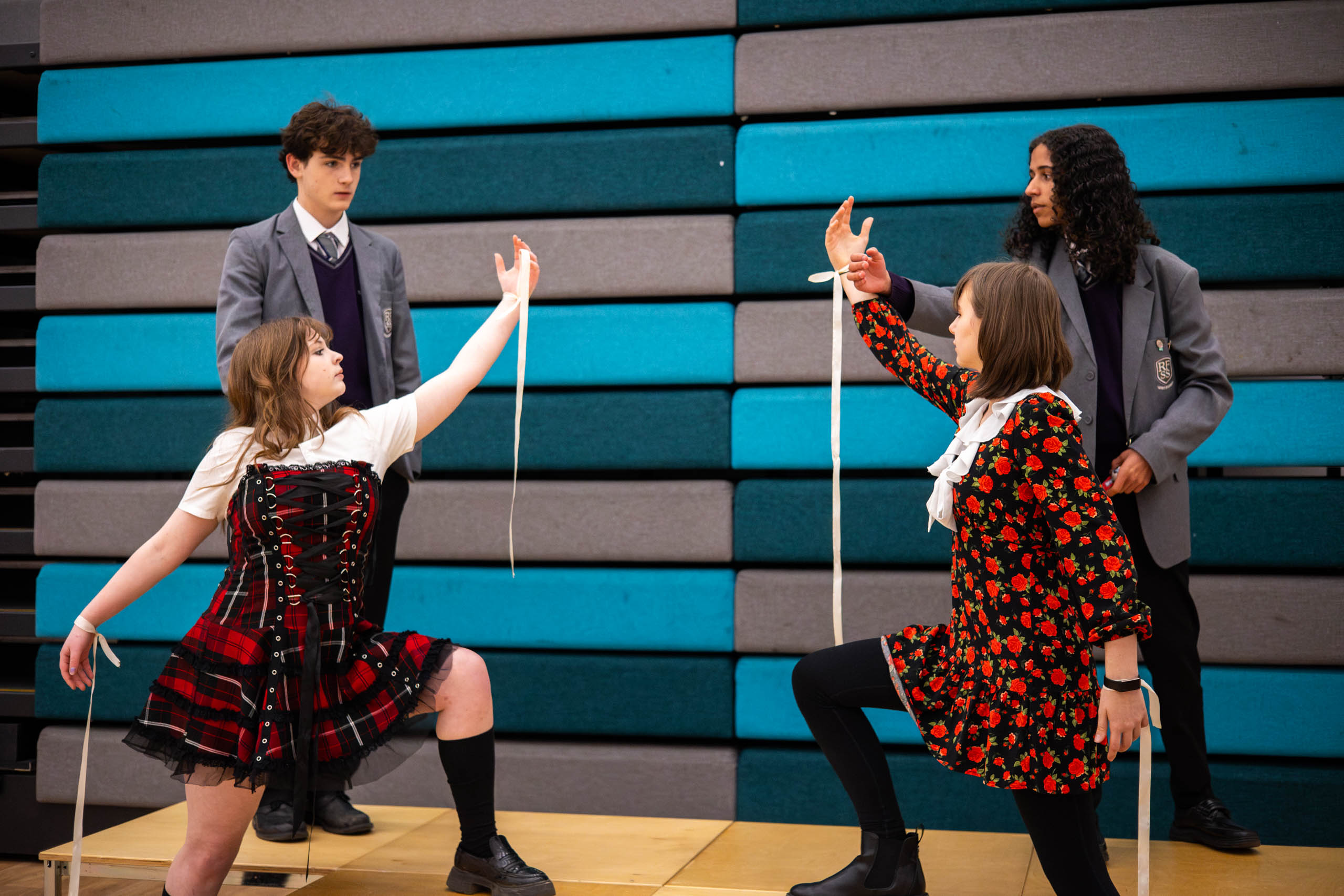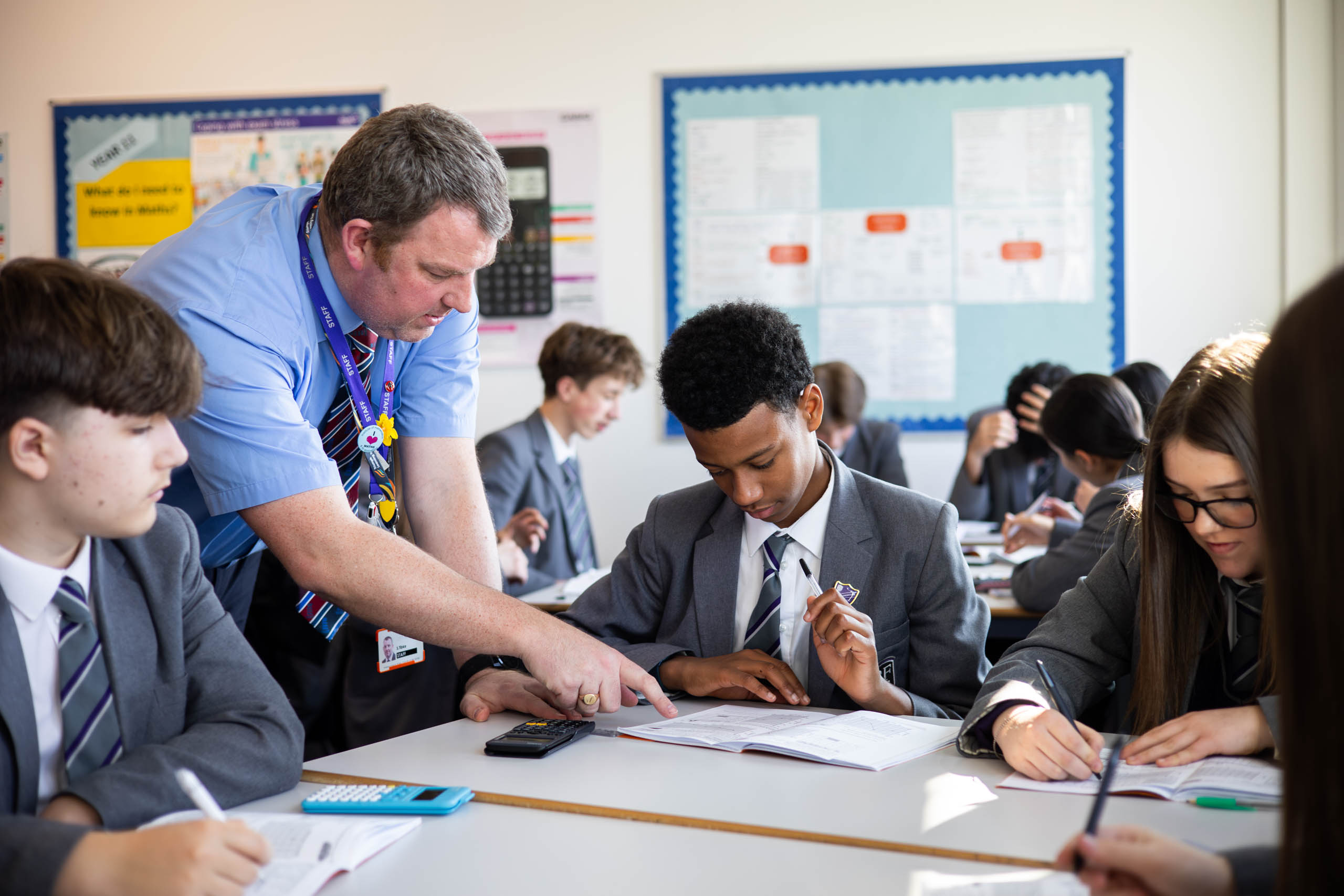


Our Values
We have six core values, which are central to our school, which are:

Kindness
The quality of friendliness, generosity, consideration, honesty

Collaboration
The belief that working and learning with others will lead to greater success

Curiosity
A strong desire to know and learn

Respect
To appreciate the importance of understanding and admiration for others and self

Resilience
The ability to recover quickly and learn from the difficulties we face

Endeavour
The belief that hard work is needed to achieve something we can be proud of






What’s happening at
Rugby Free Secondary School
Stay updated with the latest news by following our Facebook feed.
It’s beginning to look a lot like Christmas in the SRP… 🎅🏻 🎄 ❄️ ... See MoreSee Less
0 CommentsComment on Facebook
We are extremely thankful for all of the donations that we have received for our Christmas Hampers, this year.
Our Hampers have been packed up, and are ready to be delivered!
Thank you, and well done, to everyone who has been involved! #Respect ... See MoreSee Less
1 CommentsComment on Facebook
Students are able to bring some money in to school on Thursday, for a Charity Cake Sale. 🧁🍰🎂
#mytonhospice ... See MoreSee Less
0 CommentsComment on Facebook
Please have a read of the Triumph Learning Trust Autumn Newsletter, with an update of what's been happening this term across the Trust.
#curiosity ... See MoreSee Less
0 CommentsComment on Facebook
Details of our Community Workshop events for Half-Term 3, can be found below: ... See MoreSee Less
0 CommentsComment on Facebook
Well done to our Sixth Form debating teams, who have done a great job debating different motions over the last few days! ... See MoreSee Less
1 CommentsComment on Facebook